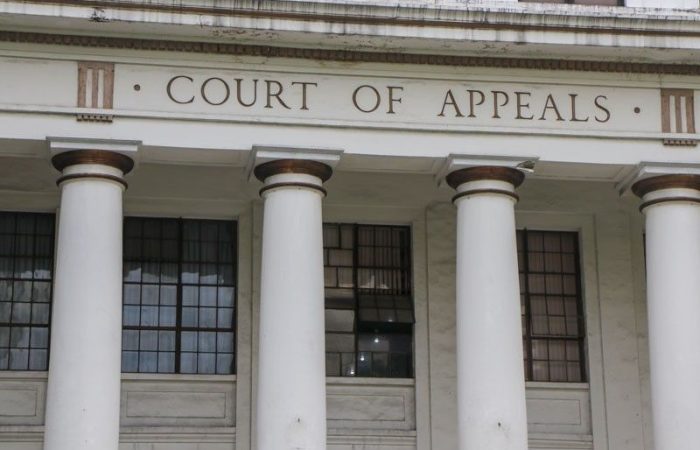By Charles Michael Fulton
Many people in the metro-DC area have security clearances. When a legal issue arises, holders of security clearances are rightfully concerned about the impact on their security clearance and the corresponding impact on their careers. Like most legal questions, the answer is it depends—that is to say, it depends on your particular legal issue and the underlying facts. To give you some background on how we’d answer your question, this blog post will discuss the relevant portions of the Adjudicative Guidelines for Determining Eligibility for Access to Classified Information, 32 C.F.R. § 147 (2021), (the “Adjudicative Guidelines”).
The Adjudicative Guidelines list thirteen Guidelines outlining areas of concern for agency supervisors to apply to both initial and continuing eligibility for access to classified information. Each Guideline is assigned a letter from A to M. For example, the first three Guidelines, A to C, along with Guideline L, deal with allegiance to the United States and foreign influences, including in activities outside of employment—generally not areas with which our clients are concerned. See 32 C.F.R. § 147.3–.5, .14 (2021).
For a civil matter, such as a lawsuit over a debt or a landlord/tenant dispute that ends up in litigation, the most relevant guideline is Guideline F, which deals with money concerns. See 32 C.F.R. § 147.8 (2021). Guideline F instructs supervisors to consider, among other things, an applicant’s history of not fulfilling financial obligations and an inability or unwillingness to satisfy debts. 32 C.F.R. § 147.8(b)(1),(3) (2021).
As an example, a debt collector sues a client for a debt that the client had long forgotten, never new existed, or was not actually the client’s obligation. This would likely be a concern for a supervisor in a security clearance review because it is an indicator that the client has a history of not fulfilling financial obligations.
As another example, a client failed to pay the full amount of rent (and late fees) due on his or her previous rental unit. This would also likely be a concern for a supervisor in a security clearance review because it is an indicator that the client has a history of not fulfilling financial obligations.
Fortunately, Guideline F provides some instructions on facts that could reduce concern for failing to pay debts. Specifically, Guideline F instructs supervisors to consider whether the issue happened a long time ago; the issue was isolated; the issue resulted from circumstance beyond the client’s control, due to extenuating circumstances such as loss of a job; and whether the client is actively working to resolve the issue or making an effort to repay his or her debts. 32 C.F.R. § 147.8(c)(1)–(4),(6) (2021).
To reduce concern for the first example, the client could point out that the debt arose a long time ago, and that the client has no other such debts on his or her record. Of course, the later would require the client to investigate whether the client did, indeed, have any other such outstanding debts—a great way to do this would be for the client to request several credit reports and carefully review the results.
To reduce concern for the example using unpaid rent, the client could point out that the unpaid rent was the result of unexpected circumstances, such as the loss of a job or, perhaps, the loss of a spouse or co-tenant. Further, the client could point to the fact that, hopefully, the client was actively trying to negotiate with his or her former landlord to reach a mutually agreeable settlement arrangement to resolve the debt.
If these examples do not answer your questions about how a civil claim you have, or someone has a claim against you that may affect your security clearance, please contact Steven Krieger Law, PLLC, for a consultation on the matter.
This blog post on how a civil matter may affect a security clearance is part of a series of blog posts on how legal matters may affect a security clearance. For information on how a family law matter may affect your security clearance, click here (coming soon). For information on how a criminal matter may affect your security clearance, click here (coming soon).




